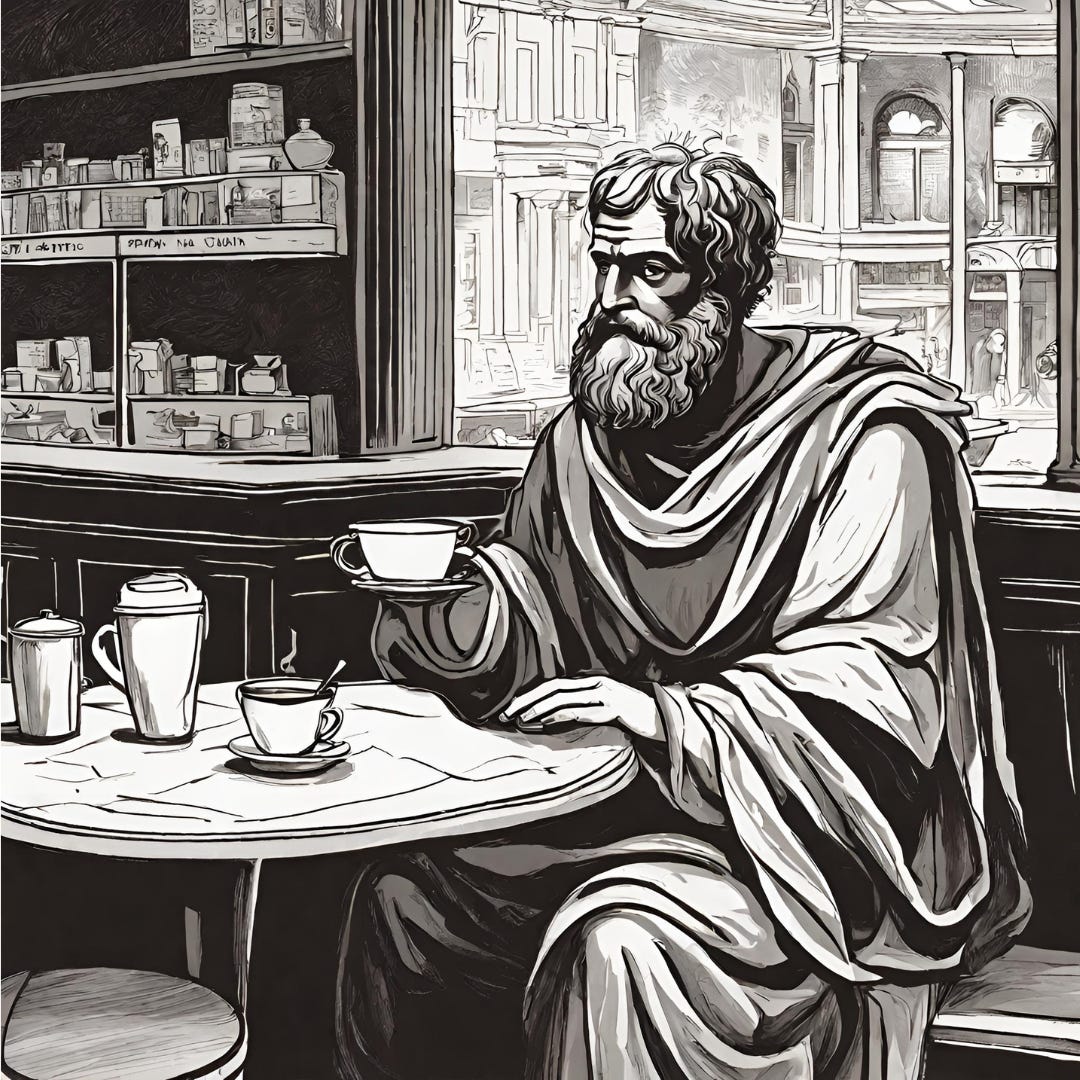Being Qua Implication: Aristotle’s Development of Parmenides’s Change Problematic
An exploration of Aristotle's critique of Parmenides and the development of the notion of Being-qua-Implication that results in the process.

Philosophers are not ahistorical entities. They are produced by history. Each individual philosopher, before they can even think about becoming a philosopher, is flung into a world with its own historically distinctive problematics. As the French philosopher Gaston Bachelard describes in his 1949 Le Rationalisme appliqué, these problematics consist of “not simply a set of questions; [but] rather the matrix or the angle from which it will become possible and even necessary to formulate a certain number of precise problems” (Maniglier 2012, 21). Aristotle does not escape this universal condition. He is thrown into a world where the problem of being, expressed through a variety of sub-forms as the problems of change, the one and the many, and others, shape the atmosphere of intellectual discourse.
The good philosopher is often the one which allows for significant breakthroughs in the problematics they were born into. They’re the ones that develop, on the basis of what is already present, the new series of questions and concepts that will mold the problematic of the following generation. I would like to explore how Aristotle does this with the question of change, and how in doing so he discovers – in a form that is yet to be properly enunciated explicitly – a new mode of conceptualizing being.
Keep reading with a 7-day free trial
Subscribe to Philosophy in Crisis to keep reading this post and get 7 days of free access to the full post archives.



